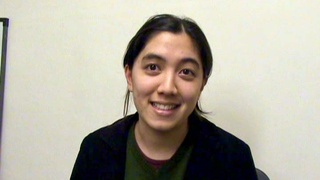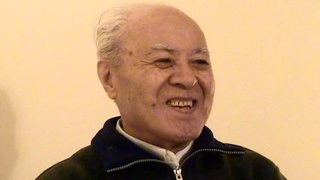Interviews
Her grandmother comes to Manzanar
Toward the end, my grandmother was dying. At this place. I don’t know. It’s some, like a convalescence home that they had. And so my grandfather was there too. But, you know, the men’s room and the women’s room, grandpa didn’t care. He used to have my grandmother out in the hall there. And she wanted water but they wouldn’t give her water so he used to get the water and give it to grandmother.
Anyway, towards the end somehow my mother got in contact with Father Leary and, this has been weeks now. So finally we got her back to Manzanar. And that was during the nighttime she came in. And by then, of course, she was half gone anyway, you know. We got her in the hospital and her eyes opened a couple of times, and that was about it.
And the nurse, Akita, turned her over, and you could see the bed sores she had. On her back, around her buttocks. Horrific bed sores. And nurse Akita, she shook her head. She says, my goodness, she says, they didn’t take care of her at all. So she makes this great big thing with this great big donut like, but in the morning she passed on. You could just feel that soreness into you.
Date: May 24, 2011
Location: California, US
Interviewer: John Esaki
Contributed by: Watase Media Arts Center, Japanese American National Museum












